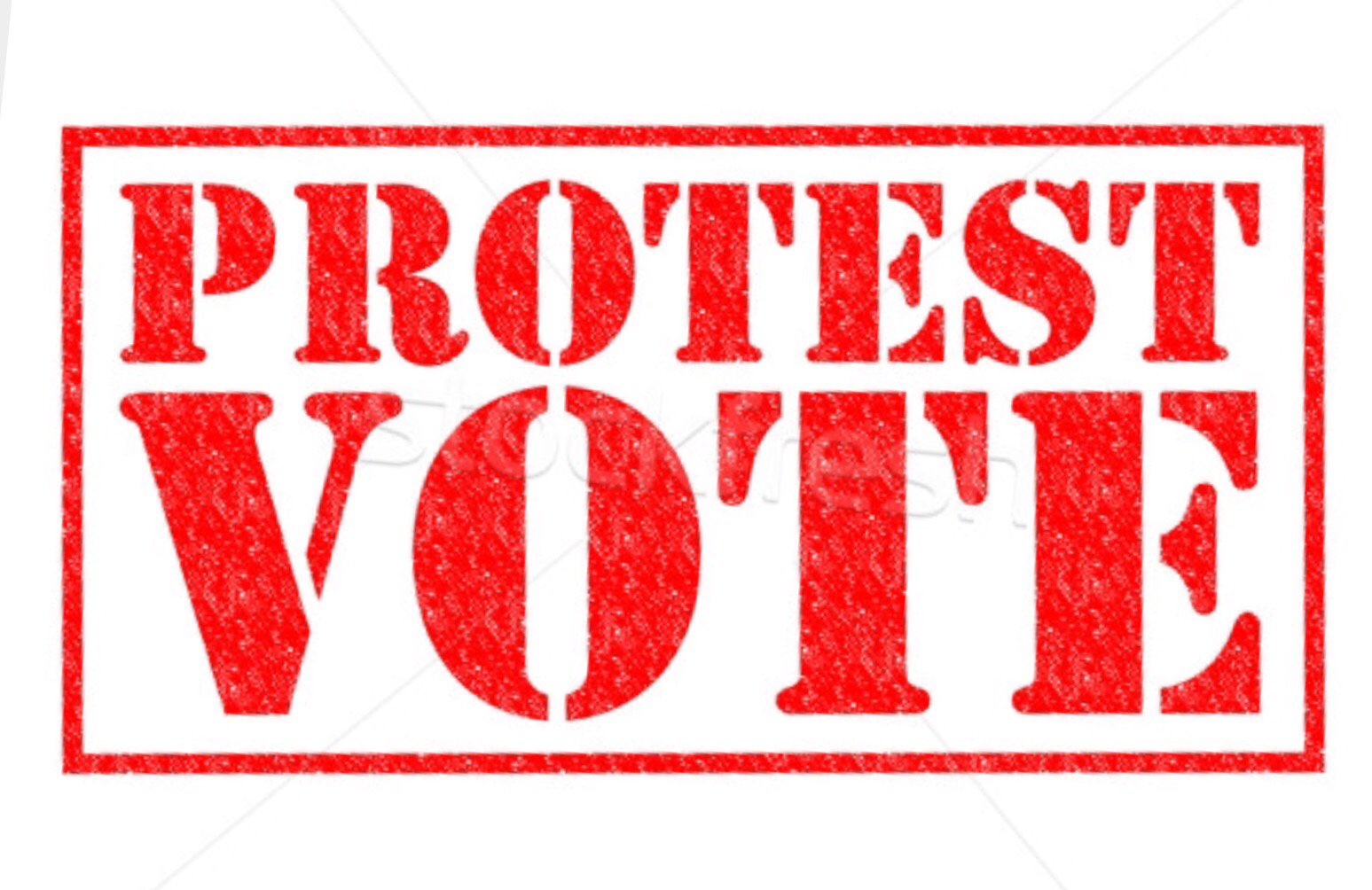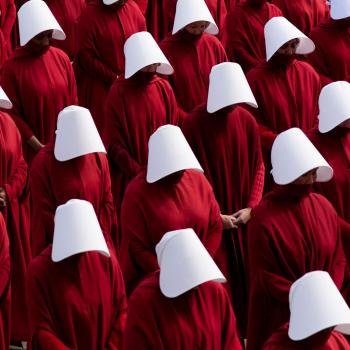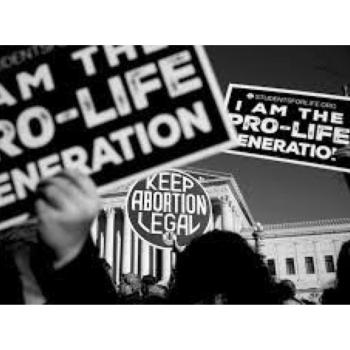I have heard a lot of talk this year about protest votes. For the purpose of this article, a protest vote is the act of casting your ballot in opposition to the establishment. In this year’s election, that would mean voting for one of the two minor party candidates, Libertarian Gary Johnson or the Green Party’s Jill Stein. Or it could mean voting for political outsider, Donald Trump. Let’s face it, people are fed up with party politics as usual. I get it. I also get this; casting a vote for either Johnson or Stein, while it might feel good, is casting a losing vote and there is no way around that.
So if you want your vote to go toward someone who may win, you are left with two choices. I only know a handful of people who are excited to vote for either Clinton or Trump. I know a lot more who are voting against Clinton or Trump. I’ll bet you are one of the latter, as am I.
For a long time, I wavered back and forth between my options. I looked hard at both 3rd party candidates, but neither of them excited me enough to win my protest vote. In the end, I came to the conclusion that this election is too important to cast a vote that won’t go to a potential winner. So that left two rather unappealing options.
Do I act on my impulse to use my vote to protest against the establishment? In that case, I’d be in the camp with many people I know, including some pretty close friends and family.
What about the issues? Truthfully, I don’t agree with either candidate enough on issues to sway me to vote for them so, again, it comes down to voting against someone.
Here is the step in my decision making process where things begin to become more clear. When you really examine the impact of a president, you begin to realize that the actual control they have over day to day issues is pretty limited when push comes to shove. The part of the job description of president that comes into play more than any other is that of diplomat. The president is the official face of our nation to the world. In that role, the president stands to do the most direct good or harm on any given day. When I picture the two major party candidates in their potential presidential role as a diplomat in a volatile world, my choice becomes less muddy and, suddenly, I become more comfortable with that establishment choice while the other makes me shudder with dread.
I grew up in the 1980s during the Cold War. When I was a teen, we lived under a cloud of constant fear of impending nuclear war. The movie The Day After, about a nuclear holocaust, was required viewing for us in school when it aired on television in November, 1983. The next day at school we discussed the movie in class. Our discussions felt less hypothetical than preparatory. Those were scary times. My daughter is growing up in a time when terrorism is a real fear, but that always feels more like isolated events as opposed to the potential global devastation we feared when I was her age. The last thing I want is an emotionally unstable person who has shown a repeated propensity to act irrationally in the face of criticism to have access to the nuclear codes.
Before pulling any lever on election day, I must ask myself which candidate is least likely to touch off a potentially cataclysmic international incident. The answer to that question seems fairly clear to me.
So, for now, “I’m with Her.” But the moment I pull the lever I will begin praying that, in the next four years, we will find some candidates I can be excited about in the next election.
I’d love to feel better about my vote by using it as a protest statement, but I owe it to my daughter and her generation to be more careful than that. I’m a parent, I haven’t the luxury of a protest vote.













